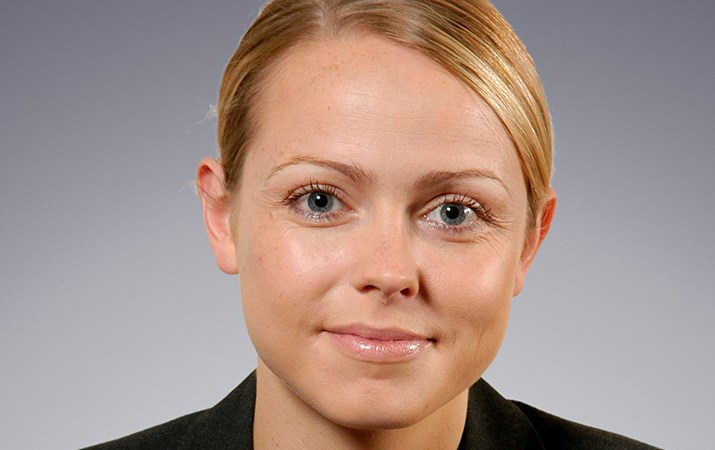
The biotech industry is an exciting one for many investors, delivering groundbreaking and cutting-edge technologies that could cure devastating diseases. But it's a high risk area too, where firms' fortunes depend on getting enough funding and the outcome of clinical trials.
Ailsa Craig, co-manager of the International Biotechnology Trust (IBT), is all too aware of the risks involved in the sector. This is why just a quarter of the trust's £231 million of assets under management are in companies still in development-stage.
The portfolio consists of just 80. most of which are US-based and the portfolio also includes some unquoted companies. Around 40% of the companies it holds are already profitable while 35% have undergone successful clinical trials but are not yet profit-making.
The trust focuses exclusively on healthcare and gives shareholders exposure to the biotech industry including unquoted companies – approximately 4% of the portfolio is made up of those, which make the trust stand out compared to its rivals.
Currently trading at a small discount of around 2.5%, the trust has delivered annualised returns of 7.1% over five years. Craig reveals which stocks she is buying, holding and selling.
Buy: ChemoCentryx (CCXI)
Craig had been tracking ChemoCentryx for some time and decided to invest when it published positive data about its drug Avacopan in November 2019. The drug tackles rare disease acute Anca vasculitis, a condition causes inflammation in blood vessels. The positive results saw the stock soar from around $8 to almost $31, and it has since climbed further to $42.
“Because the sector is quite risky, we tend to buy after a clinical trial is successful, even if this means that the share price is higher” says Craig. “We don’t want to lose money.”
With a market cap of £2.4 billion, ChemoCentryx is focused on treatments for auto-immune diseases, but what makes this company different is that it avoids the use of steroids, which are toxic. The next step for the company is to get approval and Craig believes the prospects look really good.
Craig has also been monitoring a competitor of ChemoCentryx, but has so far decided not to invest because its data is at a earlier stage. While some investment prospects come from drug trials and competitors, she also finds conferences a great source of ideas and recently attended the JPMorgan Healthcare Conference, where much of the industry and its investors meet to discuss projects.
Hold: Acadia Pharmaceuticals (ACAD)
Craig has held Acadia for more than five years, and the company has been incredibly volatile over this period despite being one of the mature companies in the portfolio. The company's share price has fallen from around $60 five years ago to just shy of $33 today, but by trading Craig has made profits from the stock.
One of Acadia's key products is a drug called Nuplazid, used by patients suffering from Parkinson's who exhibit psychotic symptoms. The firm wants to start using the drug to treat people with depressive disorders and schizophrenia symptoms too.
”In the longer term, this company could be really huge,” says Craig. "We sell in and out the position depending on when data is expected, but over the long term-we want to hold on this name." Its prospects are buoyed by the fact that there is no obvious competitor currently on the market, she adds.
Sell: Zogenix (ZGNX)
Craig and her co-managers Kate Bingham and Carl Harald Janson constantly monitor the fund's holdings and often trade the shares depending on the outcome of their drug trials. “We work out when these clinical events are and try to sell ahead of them, buying back in afterwards,” explains Craig. While this may mean buying the shares back at a higher price, Craig prefers this to taking on the risk of the price falling if the results are disappointing.
The strategy has prompted her to sell a holding in Zogenix, a company she has held on and off over the past three years. The £2.4 billion business has an already-approved drug called Fintepla, which treats seizures associated with a rare condition called Dravet syndrome, a severe type of epilepsy affecting young children.
The company has some trials coming up and Craig expects she'll buy back into the shares after these results are out - as long as they are positive. “We don’t want to take on that risk, we’ll keep a close eye on it," she adds.
Zogenix has a competitor called GW Pharmaceuticals, which also has a drug approved in the market, but Craig likes it less because the efficacy of its drug is about a third of Zogenix's product.






























